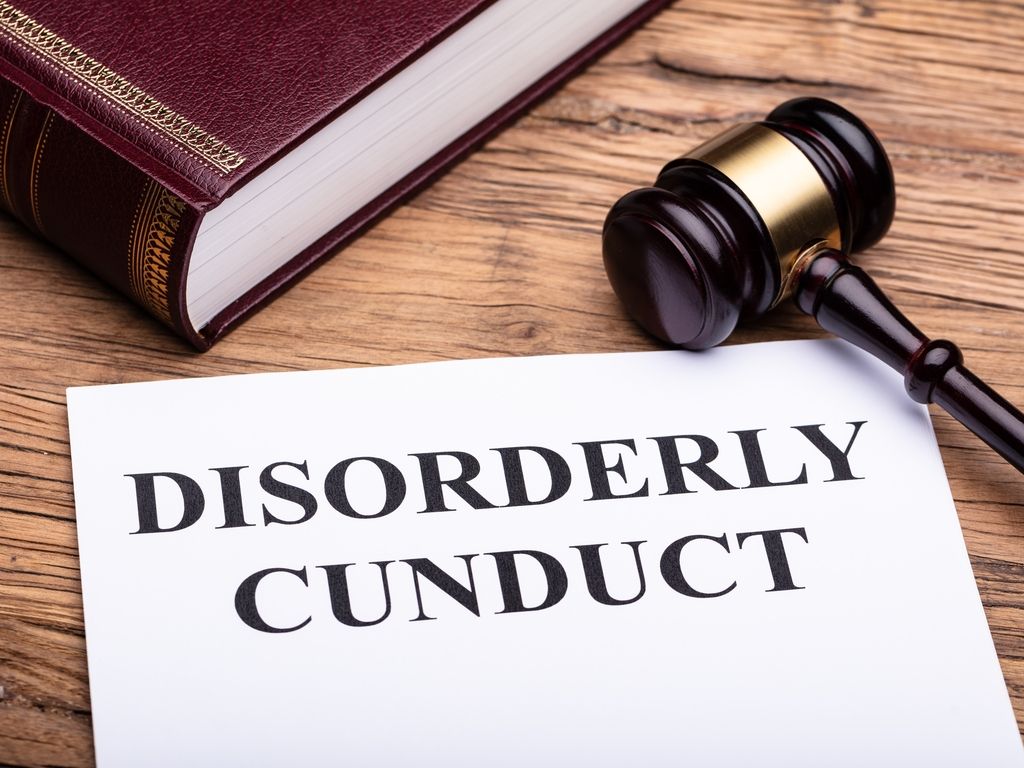Are You a College Student Facing Disorderly Conduct Charges?

Campus life represents a change of pace for many young adults. For many, it’s the first time being out on their own and making decisions. No doubt that the new sense of freedom can come up with some regretful lapses in judgment. If you are a college student facing disorderly conduct charges, this might certainly hit home.
On the one hand, you may be most fearful of what happens if your mom or dad finds out you’re in trouble. Whether they’re paying your way through school or not, you may worry about personal consequences. You wouldn’t be unusual if you decide to attempt to handle the charges without notifying anyone that you need to make a court appearance.
Make no mistake about it. Disorderly conduct charges are considered a summary offense. Fortunately, they’re the lowest of charges. However, it’s also entirely possible that you may be in trouble for something else as well.
Truth be told, alcohol or use of a controlled dangerous substance often plays a part in charges for disorderly conduct. You don’t just have to be driving while under the influence to face alcohol-related charges.
In the first place, public drunkenness falls under disorderly conduct charges. However, there are a few other considerations. Were you old enough to legally consume alcohol? Or, were you of age and supplied beer or wine to minors? Both are criminal offenses.
Drug charges can also come into play when college students get together. While it might seem like such a big deal to pass around a marijuana joint, it’s against the law. Of course, the exception is medical marijuana. However, its use is limited to the person who qualified for the prescription.
All things considered, things can get out of hand, and some college students also find they need legal representation for assault charges.
Disorderly Conduct Charges and Penalties
Consider this example of some college students who decided to get together for a party. It was all fun and games until the music got turned up super loud. The group shared a house off-campus and the neighbors weren’t exactly pleased with the excessive noise.
Making unreasonable noise is just one aspect of how disorderly conduct is defined under Pennsylvania law. Under the state code, a person could be found guilty of the offense if any of the following is done with the intent to cause public inconvenience, annoyance or alarm, or recklessly creating a risk :
- Engages in fighting or threatening, or in violent or tumultuous behavior;
- Uses obscene language, or makes an obscene gesture; or
- Creates a hazardous or physically offensive condition by any act which serves no legitimate purpose.
Notably, even with the aspect of the unreasonable noise, there must be proof of your intent. An experienced criminal defense attorney can help you determine the best way to fight these types of charges.
Contact Us
Mazzoni Valvano Szewczyk & Karam has represented college students for a number of types of charges. We can help you. Contact our office to schedule an appointment.

